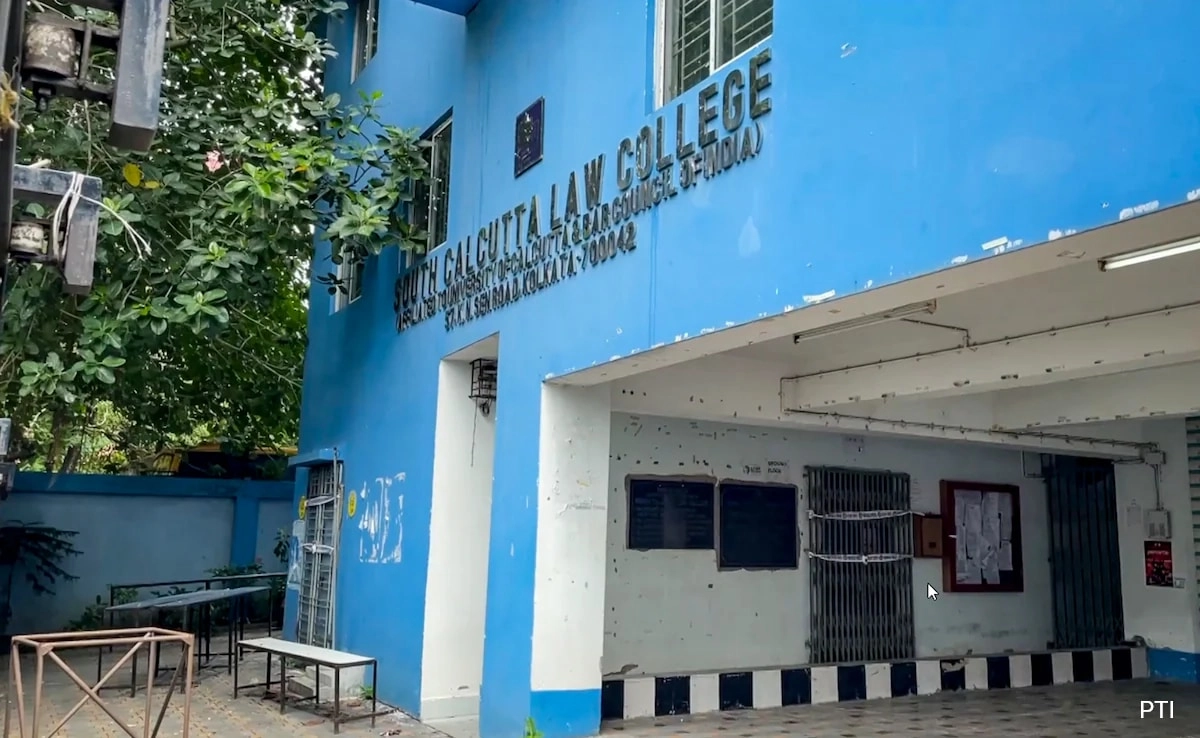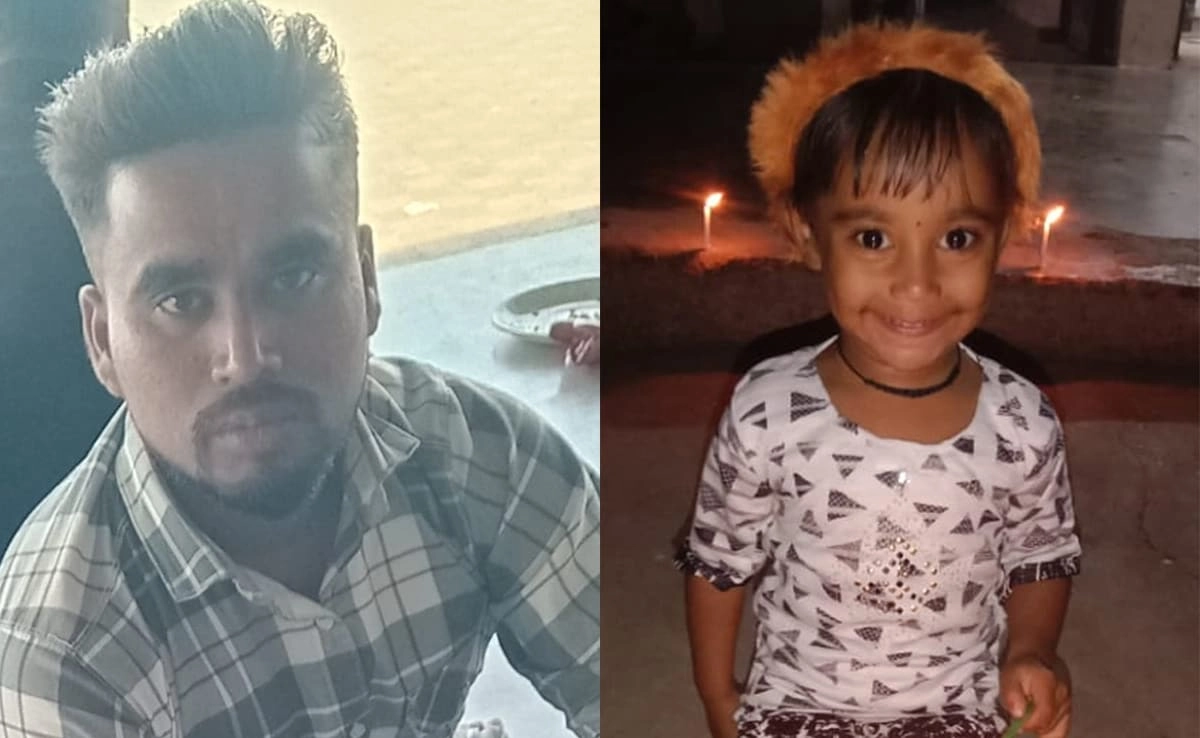The National Investigation Agency (NIA) of India has recently issued its first official statement following the extradition of Tahawwur Rana, a key figure linked to the 2008 Mumbai terror attacks. Rana, a Canadian citizen of Pakistani origin, was apprehended in the United States and subsequently extradited to India, where he is anticipated to face charges for his involvement in the planning and execution of the attacks that resulted in the loss of numerous lives and widespread devastation. The NIA’s statement underscores the agency’s commitment to ensuring that justice is served for the victims of these heinous acts of terrorism.
In its announcement, the NIA expressed gratitude for the cooperation received from international law enforcement agencies, particularly the United States, which played a crucial role in facilitating Rana’s extradition. The agency emphasized that Rana’s return to India represents a significant step in the ongoing efforts to combat terrorism and hold accountable those who contribute to such violence. The NIA’s investigation into the 2008 attacks has been extensive, and Rana’s extradition is seen as a pivotal moment that could provide new insights into the planning stages of the attacks and the networks involved.
Rana is believed to have provided logistical support to the attackers, and his extradition is viewed as an opportunity to delve deeper into the operational details behind the Mumbai attacks. The NIA aims to leverage this situation to gather further evidence and potentially unveil additional conspirators who may have played a role in orchestrating the violence. The agency’s proactive approach reflects its dedication to dismantling terrorist networks and preventing future attacks, sending a strong message that such acts of terrorism will not go unpunished.
Moreover, the NIA’s statement is also a reminder of the collaborative efforts required in the global fight against terrorism. The successful extradition of Rana highlights the importance of international partnerships and the need for countries to work together to track down and prosecute individuals involved in terrorist activities. As the NIA prepares to build its case against Rana, the agency remains focused on its mission to protect national security and uphold justice for the victims of terrorism. This development may also lead to renewed discussions on the frameworks in place for international cooperation in addressing transnational crimes, particularly those linked to terrorism.




